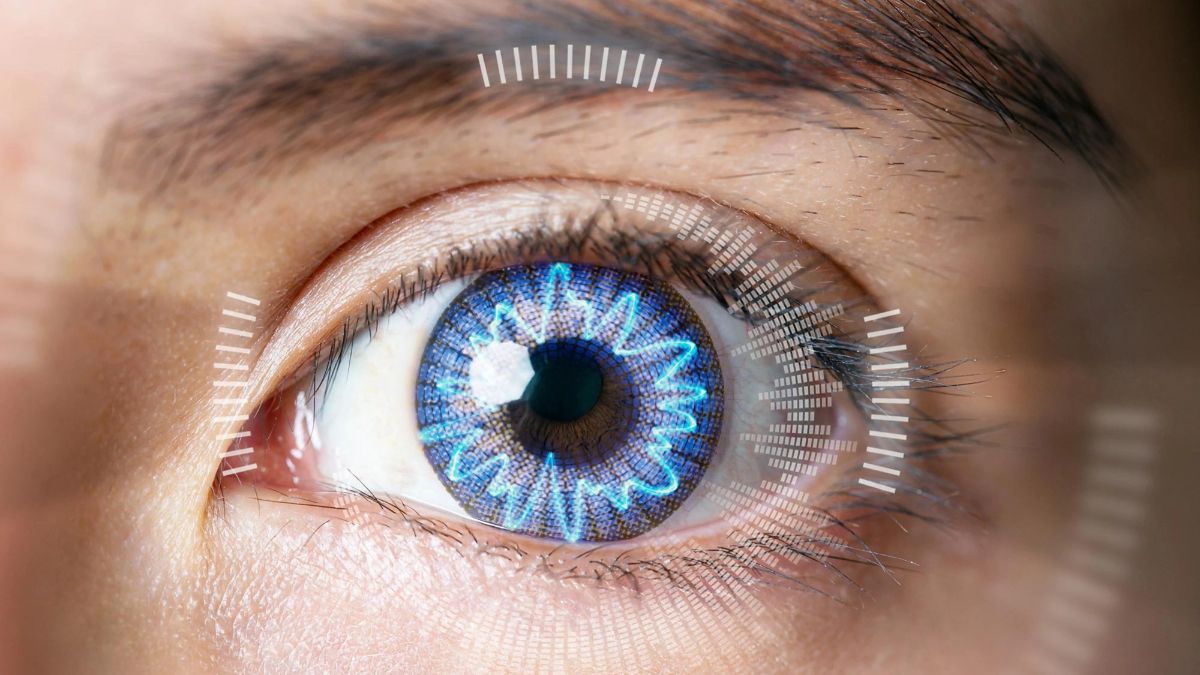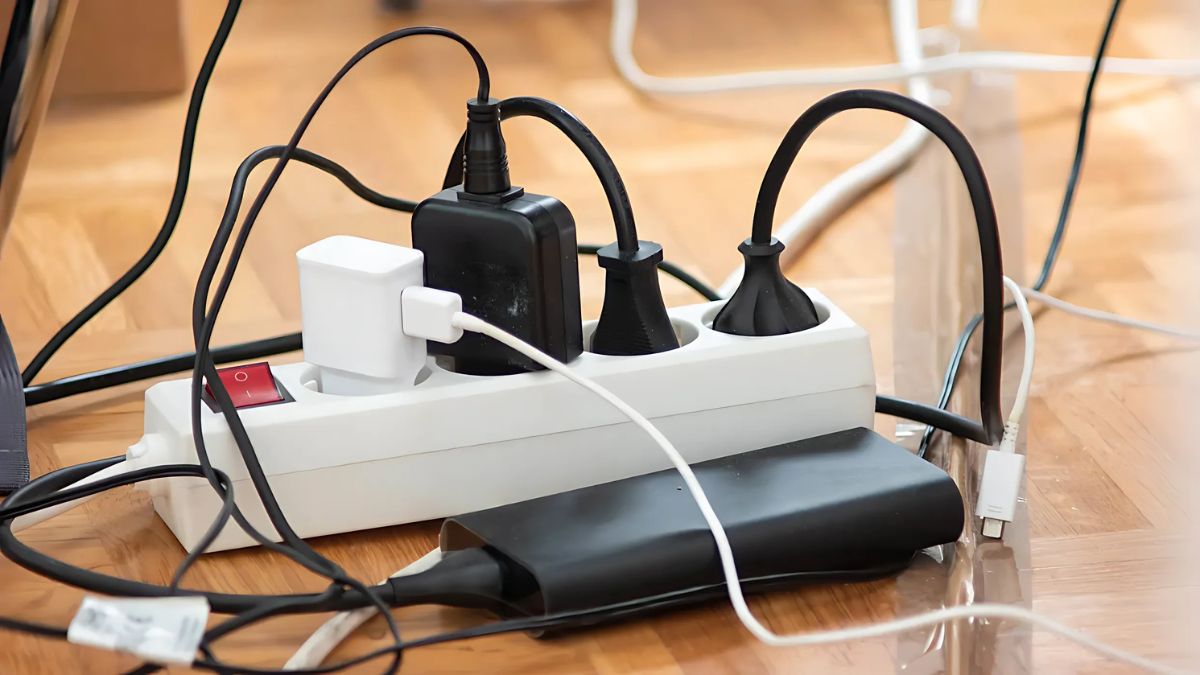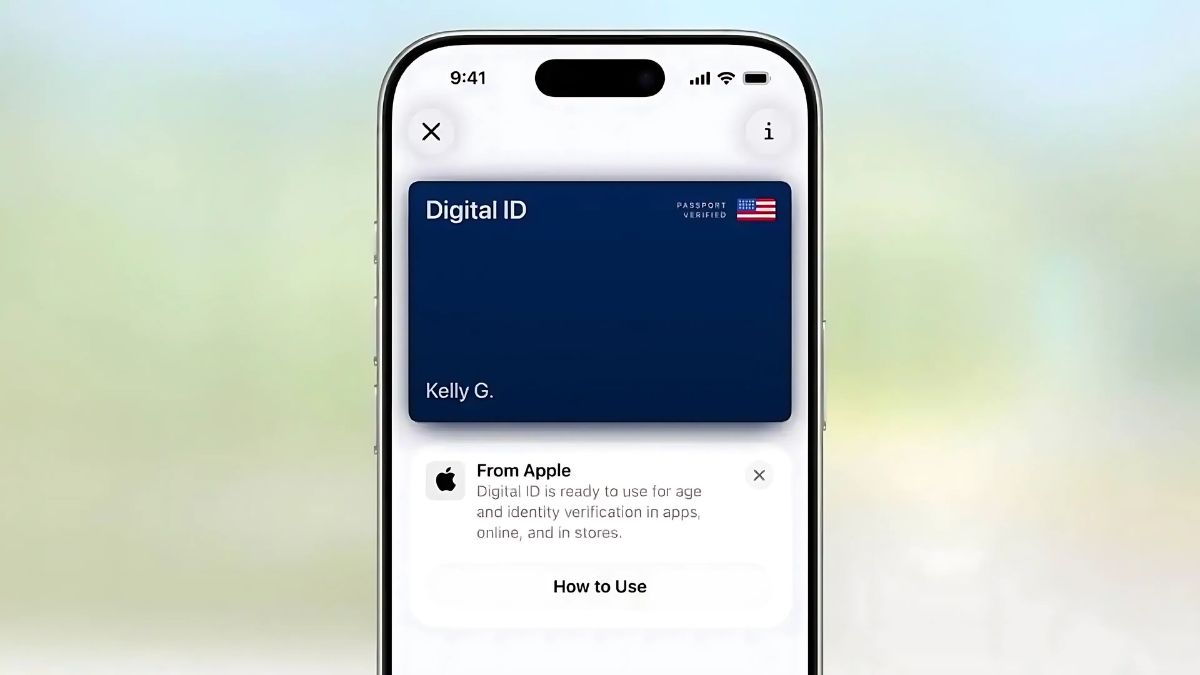Millions of people around the world rely on glasses or contact lenses to see clearly, while others have taken the LASIK route for a more permanent fix. But what if you could reshape your vision without lasers, without cuts, and in just one minute? That’s exactly what a new breakthrough procedure called Electromechanical Remodeling (EMR) promises.
No, this isn’t science fiction. It’s a real innovation in eye care that could soon change how we treat common vision problems like myopia, astigmatism, and hyperopia. And it may one day make glasses a thing of the past.
Cornea
Let’s start with the basics: the cornea is your eye’s natural lens. Its main job is to bend incoming light so that it hits the retina just right. Think of it like a curved window—if the shape is off, light gets scattered and your vision gets blurry. That’s how you end up with nearsightedness, farsightedness, or astigmatism.
Traditional methods like LASIK work by reshaping the cornea using a laser. But there’s a big catch—it removes corneal tissue permanently. That’s a problem for people with thin corneas, who aren’t even eligible for the surgery. And once the tissue is gone, it can’t grow back.
EMR
Enter Electromechanical Remodeling (EMR), the laser-free alternative. This method uses a gentle electric current, along with a special platinum contact lens, to reshape the cornea without removing any tissue.
Instead of “carving” the cornea, it temporarily softens the collagen in the eye using a drop in pH through electrolysis. Then, the cornea is molded into the correct shape, and the collagen stiffens again—locking the correction in place.
And the whole thing takes just about a minute.
Procedure
Here’s how the EMR procedure works:
- A platinum contact lens is placed on your eye
- A low-level electric current is applied
- The current weakens collagen bonds temporarily
- The cornea adjusts to a new shape
- The tissue re-hardens in its corrected form
There are no cuts, no lasers, no pain, and no recovery from incisions. Plus, the equipment is simpler and cheaper than what’s needed for LASIK.
Compared
Let’s compare EMR and LASIK side-by-side:
| Feature | LASIK | EMR |
|---|---|---|
| Method | Laser cuts tissue | Electric current reshapes tissue |
| Invasiveness | Moderate | Minimal |
| Recovery time | Few days | Possibly immediate |
| Corneal tissue removal | Yes | No |
| Equipment | Expensive | More affordable |
| Candidate limitations | Yes, due to corneal thickness | Fewer restrictions |
| Procedure time | ~15 minutes | ~1 minute |
Stage
Right now, EMR is still in early testing. So far, it has only been tried on rabbit eyes outside of the body (ex vivo), and the results are promising. But before it reaches human eyes, it will need to go through:
- Testing in live animal subjects
- Clinical trials on humans
- Regulatory approval from bodies like the FDA
That whole process could take several years, depending on funding and trial outcomes. But it’s definitely moving forward.
Vision
While the health benefits are clear, the lifestyle factor can’t be ignored either. Many people seek eye surgery not just for clarity but for convenience. Losing your glasses forever (or not needing contacts) is a huge motivation—especially for people with strong prescriptions where glasses become bulky and uncomfortable.
This new method could make vision correction faster, safer, and more affordable than ever before.
So if you’re one of those people who’s tired of fumbling around every morning asking, “Where are my glasses?” EMR might just be your future. It’s not here yet—but it’s coming.
FAQs
What is EMR eye surgery?
EMR uses electric currents to reshape the cornea without lasers or cuts.
Is EMR better than LASIK?
It’s less invasive, safer for thin corneas, and faster.
How long does EMR take?
Just one minute to reshape the cornea.
Is EMR available for humans now?
Not yet. It’s still in early testing on animal tissue.
What conditions can EMR treat?
Myopia, hyperopia, and astigmatism.



















